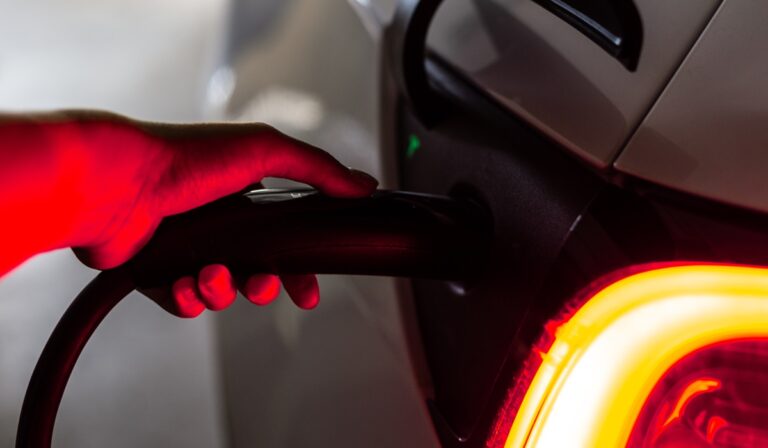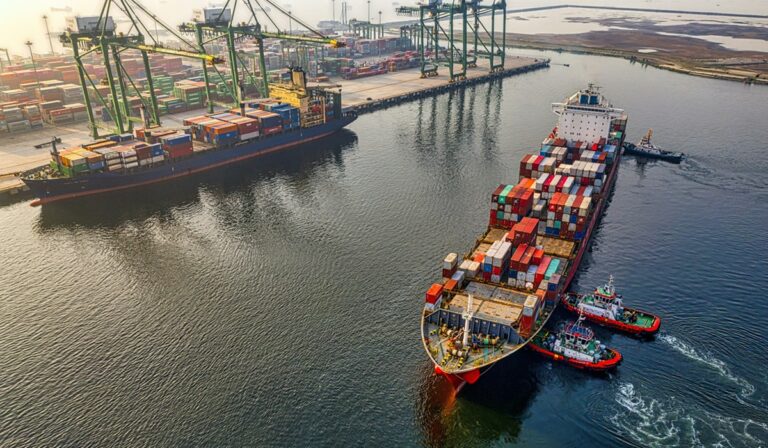EV and plugin car sales are booming in China
August saw plugin vehicles hit a record 54% market share in China. Full electrics (BEVs) alone accounted for 31% of the country’s auto sales. This pulled the 2024 share to 46%, and with the market with plenty of room for growth, the year should end at around 50%. At this pace, the Chinese market is projected to be fully electrified around 2030.
EV and plugin car sales are booming in China Read more







